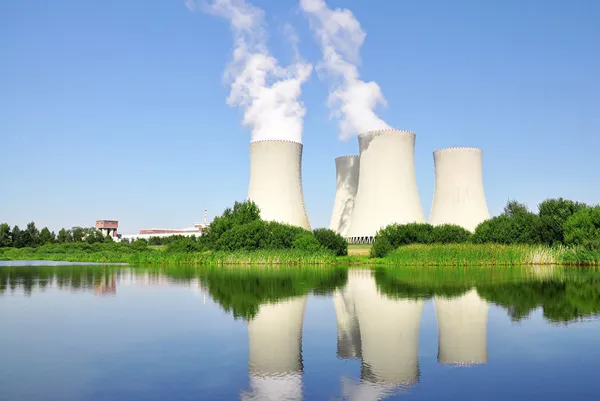 Environment
Environment

.jpg) |
| The previous core site designated for the Ninh Thuận 1 Nuclear Power Plant in Vĩnh Trường Village, Phước Dinh Commune, Thuận Nam District. — VNA/VNS Photo |
HÀ NỘI — Việt Nam is at a critical juncture to pursue nuclear power projects, a move experts say aligns with global trends and the nation’s long-term energy strategy.
Nuclear power offers significant benefits, including diversifying energy sources, ensuring energy security, driving economic and technological advancement and supporting sustainable development.
When Việt Nam’s Ninh Thuận Nuclear Power Project was first proposed 14 years ago, nuclear energy was virtually absent in the country.
Today, however, the global energy landscape has shifted.
As nations tackle climate change, reduce greenhouse gas emissions and secure energy supplies, nuclear power has become a vital part of their solutions.
In a recent interview with Vietnam News Agency correspondents in the US, Professor Dr. Lê Trọng Thụy, Head of the Department of Electrical Engineering at San Jose State University, highlighted nuclear power’s unmatched reliability.
Professor Thụy, who has participated in the design of five nuclear reactors in the US since the 1990s and has been advising Việt Nam’s Ninh Thuận project since 2011, stressed the importance of a balanced energy mix.
He argued that a nation cannot rely solely on a single energy source.
Professor Thụy emphasised the superior reliability of nuclear power, capable of operating at 93-95 per cent capacity, enabling power generation for up to 350 days annually. In contrast, gas plants achieve around 50 per cent, wind and hydropower reach a maximum of 40 per cent, and solar power is limited to 25 per cent.
Drawing on US experience, Thụy said that safety and oversight were the cornerstones of any nuclear energy programme.
The US maintains an independent commission that regulates nuclear power plants from design and construction to operation and decommissioning, according to Thụy. This body enforces nearly 200 regulations for companies and individuals in the sector.
The level of oversight is so intense that even workers' personal lives are monitored to identify any potential safety risks.
Benefits of nuclear power
Professor Dr. Lê Văn Hóa, a nuclear physics expert and professor at the University of Chicago, underscored the long-term economic advantages of nuclear power despite its significant initial investment.
Operational costs are remarkably low once plants are running.
Nuclear power has far-reaching applications beyond electricity generation. It can be used in agriculture, healthcare and seawater desalination.
Additionally, nuclear plants stimulate job creation and economic growth.
Citing the US as an example, Hoá noted that each nuclear power plant would contribute approximately US$60 billion in economic benefits throughout its lifespan.
Given Việt Nam’s geography and infrastructure, both professors proposed focusing on small-scale nuclear reactors instead of large, costly plants.
Compact reactors, such as those currently being developed in the United States, have capacities of around 5 megawatts (MWh) and can supply electricity to approximately 3,000 homes.
In Việt Nam, with its higher population density, such reactors could serve up to 5,000 homes.
According to Professor Thụy, Việt Nam should avoid mega-projects that require thousands of megawatts and take years to complete.
The country should consider smaller, modular reactors that are easier to build, more cost-effective and better suited to Việt Nam’s narrow geography and extensive coastline.
The professors also stressed the need for preventive measures against natural disasters like tsunamis, particularly in regions such as Ninh Thuận, where the project is planned.
Both experts agree that nuclear energy is critical for Việt Nam to achieve energy security and carbon neutrality while addressing its growing power demand. Around the world, countries are embracing nuclear power as a clean, reliable energy solution to meet carbon reduction goals. — VNS

.jpg)


